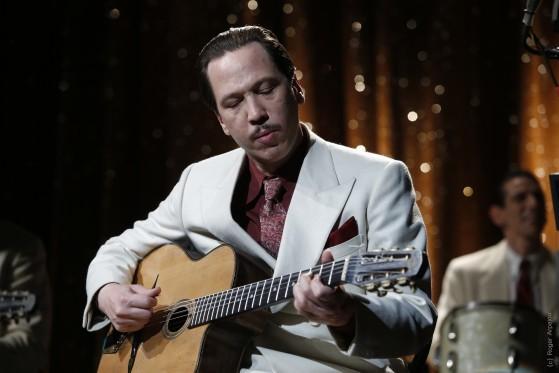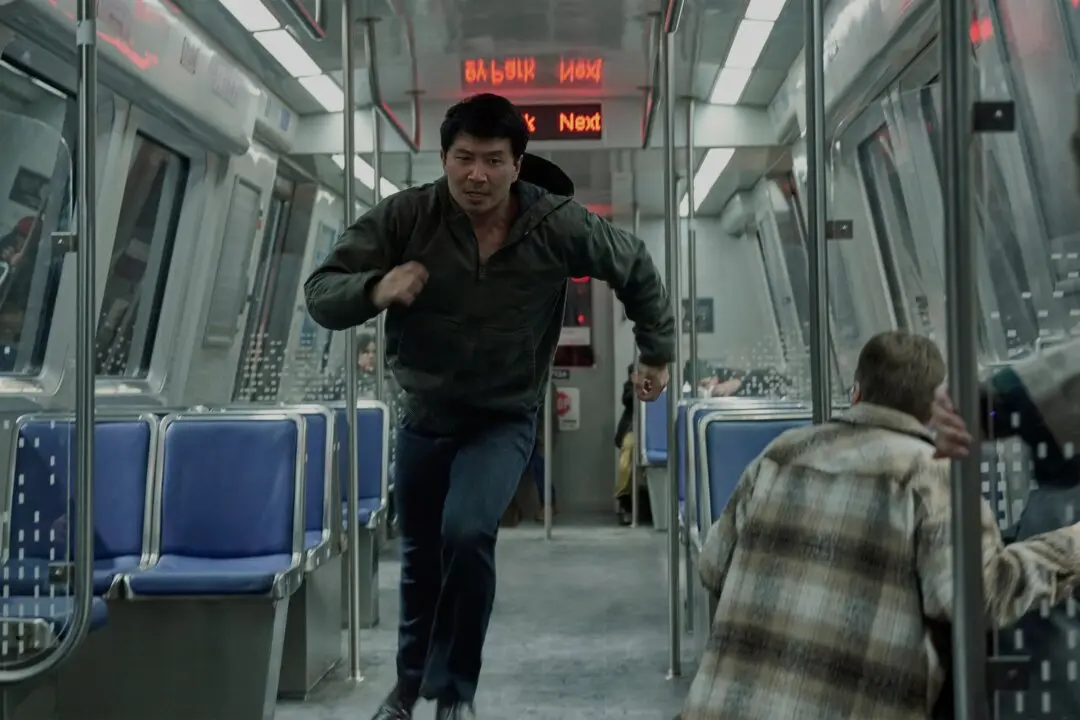During the National Socialist occupation of France, Django Reinhardt’s “Nuages” became an unofficial anthem of the resistance. It doesn’t at all sound fiery, but its swinging sophistication gave people hope. It was yet another reason for the Germans to dislike Reinhardt, who already had two conspicuous strikes against him, as a Romany jazz musician, but he was internationally famous and had highly placed admirers. Reinhardt’s tricky wartime years are dramatized in Etienne Comar’s “Django,” which opens Jan. 5 in New York.
When Comar’s film opens, Reinhardt has already risen to jazz’s loftiest heights, having established the Hot Club of France with Stéphane Grappelli and jammed with fellow legends, like Duke Ellington and Coleman Hawkins. On the downside, the German occupation is also well underway. Yet, Reinhardt is playing to bigger crowds than ever, thanks to the protection of Dietrich Schulz-Köhn, a Luftwaffe officer often known by his critical pen-name, “Doktor Jazz.” (Supposedly, Kubrick wanted to make a film about him, so just imagine what that could have been like.)





